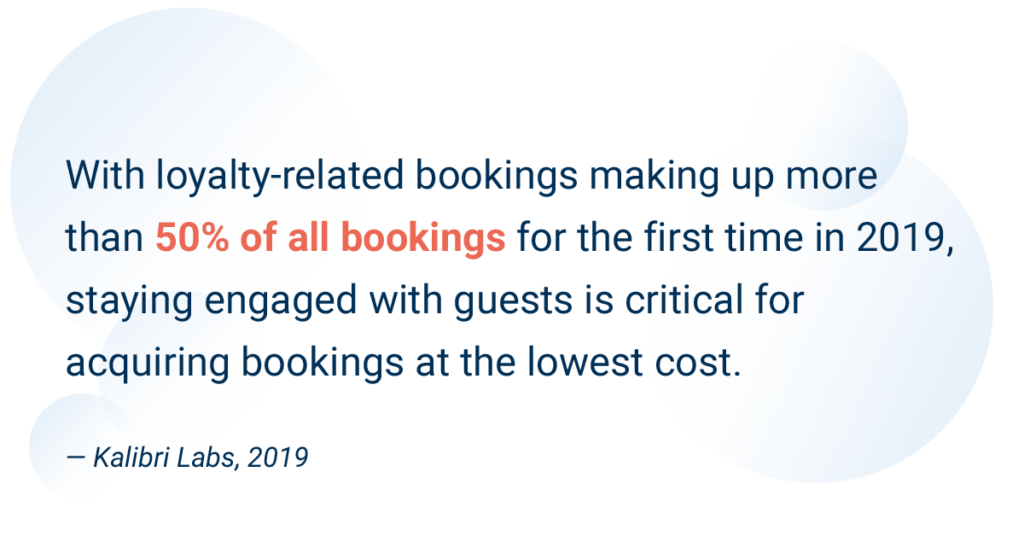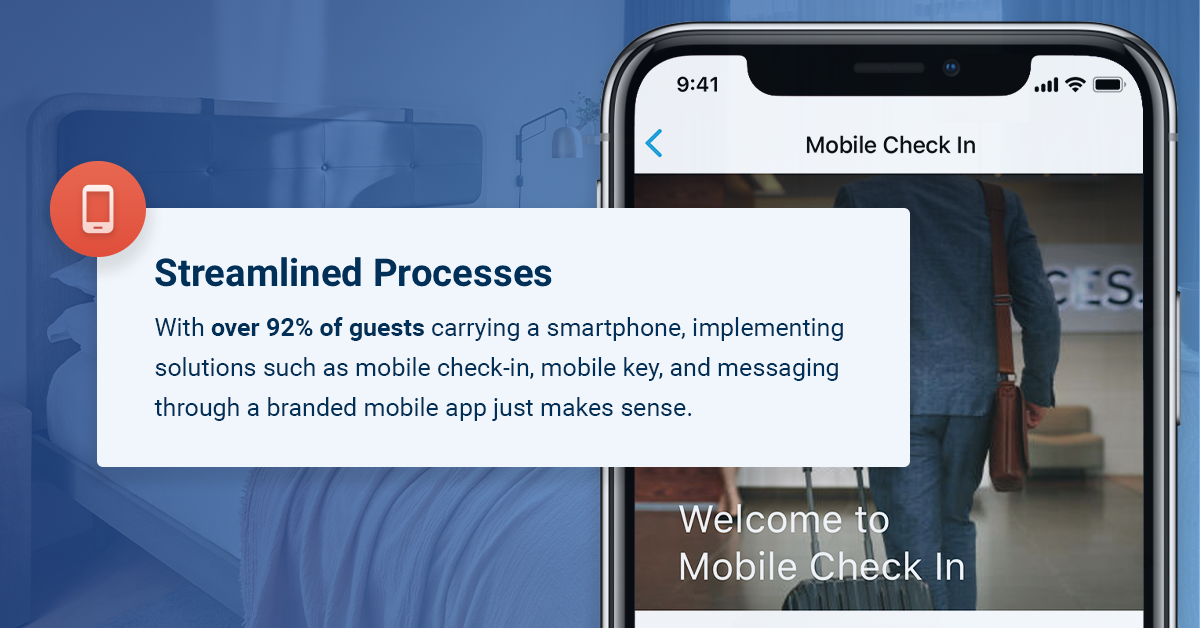Smart-room tablets are one way to ensure your guests’ dollars stay on your property
A casino operator’s dream is to see every seat at the slot machines filled. So, what if you could seamlessly engage your guests with your casino’s gaming offerings while they’re relaxing in their guest rooms?
It’s all possible using one of the most popular casino resort technologies: smart-room tablets. These game-changers allow guests to use in-room tablets for all the more familiar uses — such as requesting services, making reservations, ordering room service, and communicating directly with staff, but casino resorts have the added advantage of a fresh, new way to promote gaming and special events directly to guests while they are most captive: relaxing in their rooms.
Gambling from the Comfort of Their Room
Casino operators can easily use smart-room tablets to send special offers, targeted promotions, and casino floor updates in real-time when guests are most engaged. Depending on where a property is located, some guests can even use in-room technology to gamble right from their room as some casino hotels now offer sports and other types of betting through in-room tablets or mobile apps.
One way they do this is by adding popular gaming apps to the in-room tablets as well as information and tips on how to play some of the more popular casino floor games. At some casino resorts, guests can also use tablets to get real-time keno and bingo results in their room, as well as to see who won daily drawings and receive real-time jackpot notifications. Using in-room technology in this manner means guests don’t have to worry about missing out on the excitement of the casino floor while they relax in their rooms. Who knows — they might even order up a few snacks or a bottle of wine while they enjoy these in-room gaming offerings.
Attract All Demographics
Today’s core casino customers are generally between 55 and 75 years old and this group is becoming increasingly comfortable using digital devices, including in-room tablets and mobile apps, which makes adding gaming to digital devices a logical, and smart, next step. Also, once they arrive in their room and find the in-room tablet integrated with the property’s loyalty program, they are apt to take advantage of customized and targeted promotions and other offers that encourage them to visit the casino floor.
Despite the core casino demographic typically being older generations, younger demographics are beginning to find their place in the gaming ecosystem thanks to the increased popularity in iGaming and sports wagering. With younger demographic interest on the rise thanks to these mobile-based games, in-room tablets provide the perfect conduit to promote your mobile gaming offerings, while meeting them where they’re at: on a smart device.
Ultimately, casino guests are eager to spend their time gaming — not standing in lines — so a streamlined mobile check-in process means more time they can spend on the casino floor, or using the custom-branded in-room tablet for gaming while they are in their room.
Looking to increase the reach of your casino floor to your guest room using smart-room tablets? Request a demo today.
 “Many hotels have known that they would eventually need a mobile app, but thought they could put it off for a few more years,” says Ira Dworkin, CTO for Intelity, Los Angeles, California, USA. “Now they’re asking us, ‘How soon can we get it running?’”
“Many hotels have known that they would eventually need a mobile app, but thought they could put it off for a few more years,” says Ira Dworkin, CTO for Intelity, Los Angeles, California, USA. “Now they’re asking us, ‘How soon can we get it running?’”
